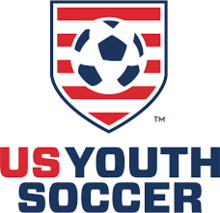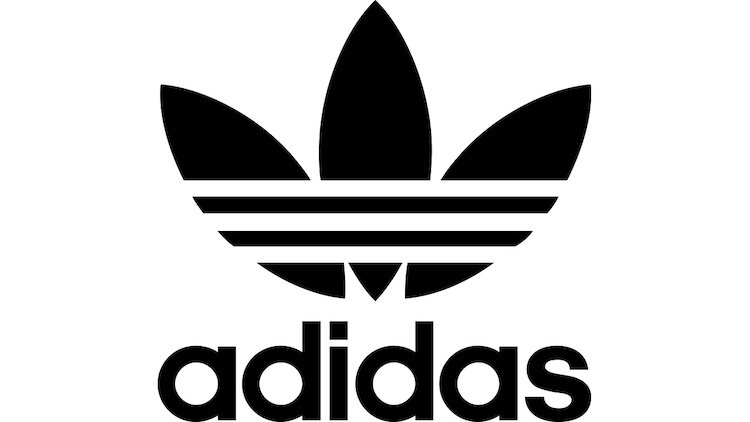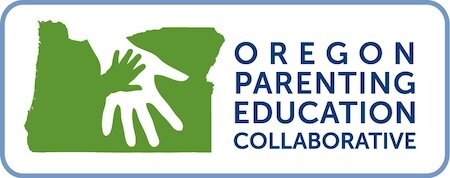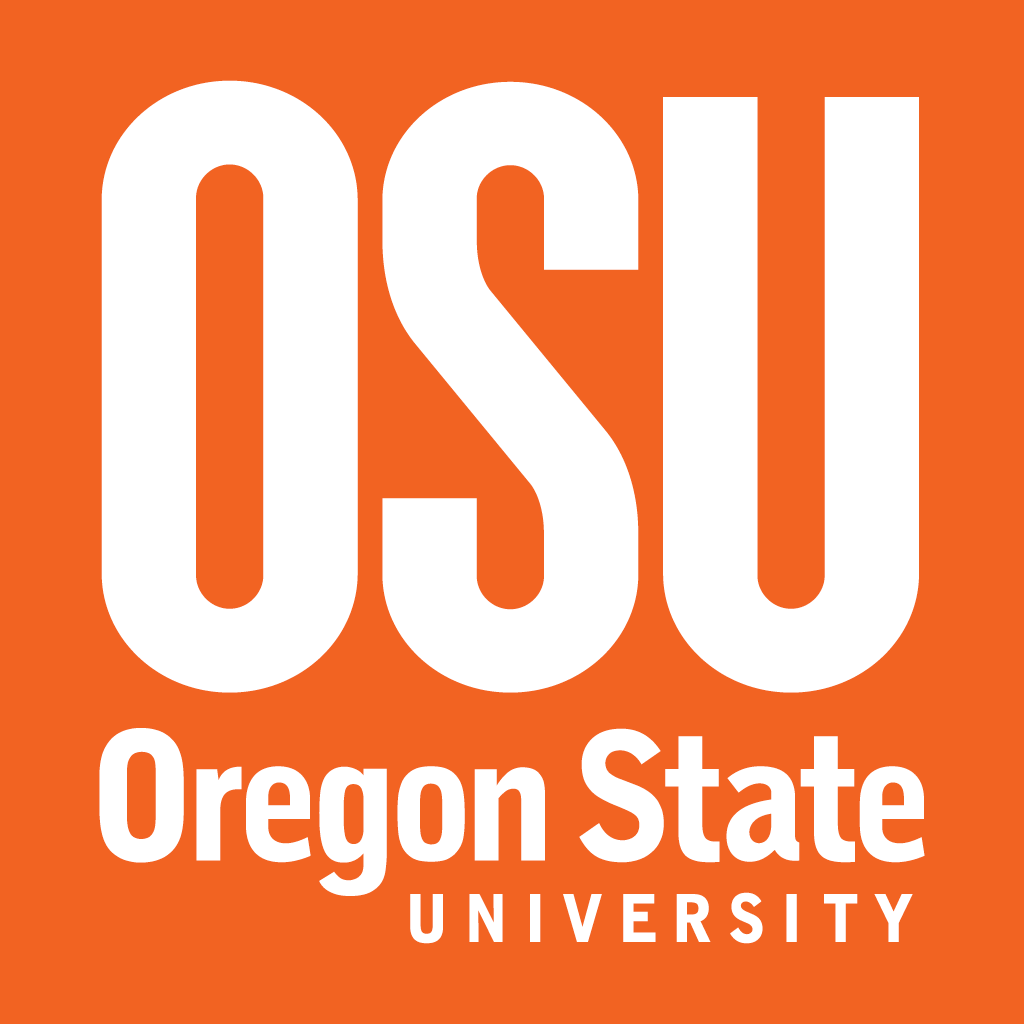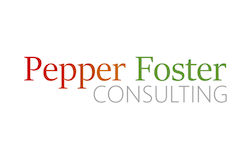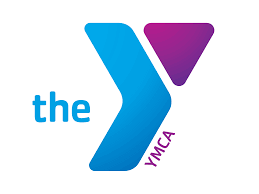“No room for racism”. This phrase is written across armbands on football jerseys all over Europe. It is on a constant “advertising” loop around the perimeter of English Premier League stadium fields. But, as the famous French National footballer Thiery Henry said recently, “I’ve had enough of looking at ‘no room for racism’ on every shirt.” after witnessing a Black player receive a yellow card for his goal scoring celebration of shushing the Italian crowd in response to their racist abuse.
The player was penalized for his celebration because it was considered an arrogant celebration that could incite the crowd, which referees are tasked with managing. This was his second yellow card in the game, which resulted in a red card and being sent off the field. He was suspended for another game as well. After further review the Italian Federation chose to uphold this decision.
The lack of common sense, empathy, and consideration for the context of what Black players and other players of color experience within these leagues is obvious here. The silencing of dissent is also obvious and likely will have reverberating effects on other players who may now think twice about expressing similar actions. That is precisely the point in silencing dissent.
Here in the US there’s been a parallel situation unfolding after Dante Vanzeir, a player on the New York Red Bulls, used a racial slur towards a Black player during a Major League Soccer match. The debate unfolding amongst the soccer community has focused on the length of the suspension that this player received. He has been suspended for 6 games. In a league that plays 34 games and has just begun the season. This is the equivalent of a slap on the wrist.
Some have called for at least 20 games suspension. Some have called for more. There’s a number of other consequences that were handed down to Vanzeir, such as an undisclosed fine and restorative education courses. He has since publicly apologized and is appearing to be open to accountability.
I’ve been following both of these situations through my committee work with the Equity Action Committee at MLS Next. I’ve been hearing real time conversation among Black coaches and leaders about their opinions and emotions.
I’m writing about these situations under the backdrop of being a white, transgender leader of a youth soccer club that primarily serves kids from communities of color. Just this past week, as I’m digesting all this news, I had a complex conversation with our staff about the racialized language our players use with each other at practices. Our staff includes a Black man and Latina mom of three. Their lived experiences and opinions are critical to the conversation.
What I learn is that various slurs are being exchanged amongst our players but not with anger, negativity, or maliciousness. These are words that our middle school and high school aged players hear regularly in the halls of their school and within their friend groups. That culture carries over into their time at soccer practice. So, the question for us as an organization, and me as a leader who has not experienced racism, is where is our line on the use of these words?
We already have a list of banned terms in our policies that all the coaches, players, and parents have been informed about. The intent of the policy is to make it very clear that to ensure we’re creating safe spaces, the use of these words is not tolerated. Our players are very aware that using any of those words in a malicious way towards an opponent, referee, or teammate is not allowed. But, what about the use of these words that has been reclaimed within different cultural groups to show a sign of connection, community, and possibly even respect?
We concluded that there is greater harm in simplifying the issue and telling players that the use of these words, under any circumstance, is not allowed. Instead we’ve chosen the more complex, slower path of conversation and education.
We think it is critical that our players enter the next phase of their lives as young people of color in the workforce or higher education with the tools to navigate the reality of our society. It’s an unfortunate reality that people of color, gender diverse, and LGBTQ+ people must navigate a society that upholds white supremacist, heterosexual, cisgender dominant norms. But, as a soccer club that is focused on providing a culture of equity and true inclusion, we will never shy away from these hard realities, but instead embrace the challenge of breaking through them to the ultimate goal of liberation.

